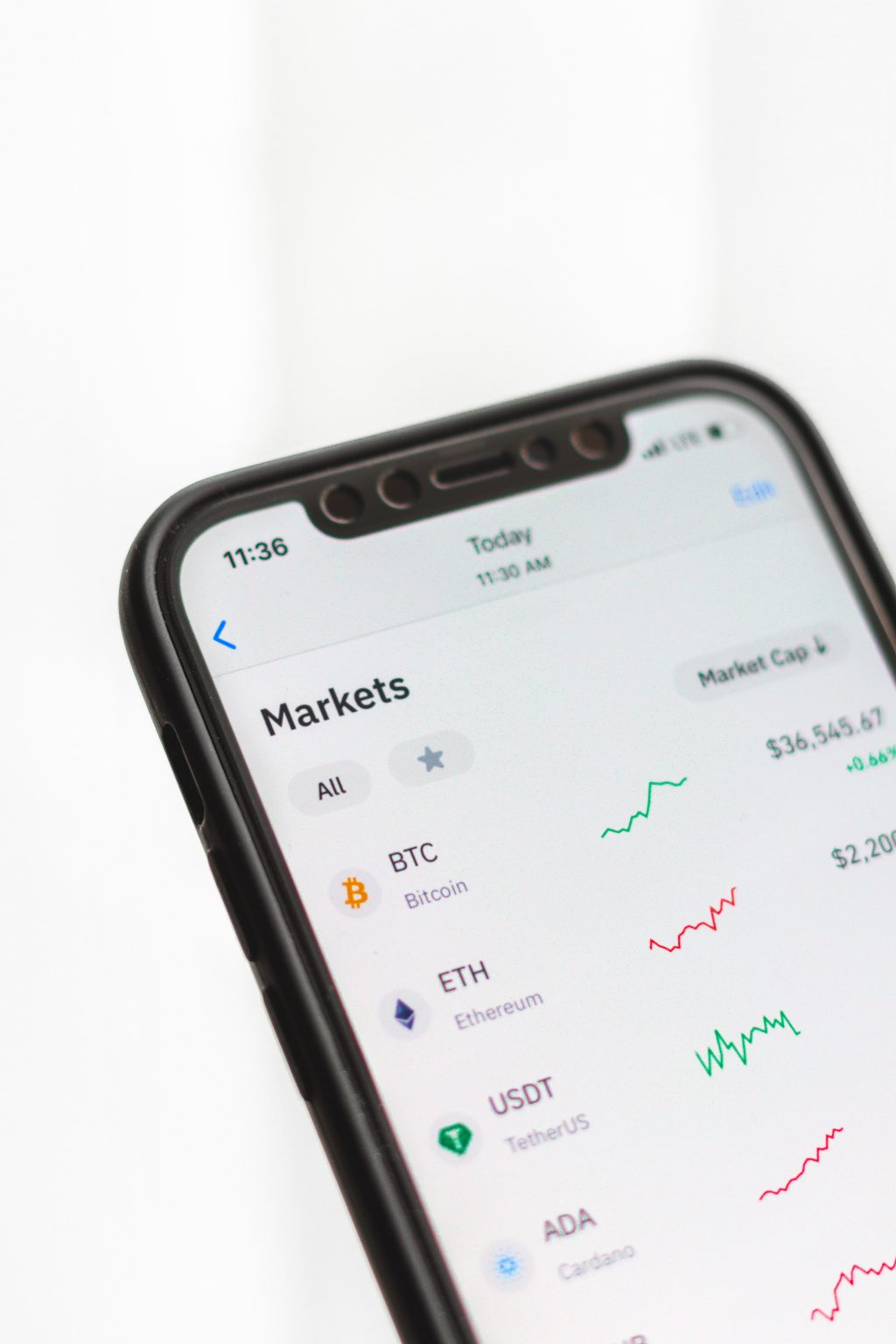The FTX scandal and role of digital currency in our economy
The collapse of FTX has had a major impact on the world of cryptocurrencies.

Cryptocurrencies, or crypto for short, are digital currencies which are not controlled by central authorities such as a government or bank. Instead, they generally rely on a blockchain, a digital ledger of transactions mined by a computer network.
This dispersed control sometimes scares investors about elements of risk. Recent news may highlight how there was more risk than at least one crypto proponent wanted to let on – $152 billion dollars of risk, that is.
That’s how much the world’s 15 largest cryptocurrencies lost in market value in only three days thanks to the collapse of FTX, a platform that was once the world’s third largest cryptocurrency exchange — allowing customers to trade digital currencies for other forms of assets. Authorities have arrested the former CEO of the company, Sam Bankman-Fried, in the Bahamas. Charges against him include securities fraud and money laundering.
“People tried to pull all of their money out of FTX. Turned out, FTX did not have the money to give them. And pretty quickly after they had to declare bankruptcy.” — Emily Stewart, journalist
Listen: FTX failure and how crypto currency operates.
Guests
Laura Shin is a crypto journalist, host of the podcast “Unchained” and author of “The Cryptopians.” She says anyone can participate in trading crypto currency — they just need the computational power.
“When someone makes a Bitcoin payment, it’s sort of like broadcasting, ‘hey I want to move this Bitcoin from my address to this other person’s address,’” says Shin.
Emily Stewart covers business and economics for Vox. She recently wrote the piece, “FTX’s implosion and Sam Bankman-Fried’s arrest,explained.”
Stewart says after there were some rumblings about FTX conducting fraudulent activity, there was a run on the bank.
“People tried to pull all of their money out of FTX. Turned out, FTX did not have the money to give them. And pretty quickly after they had to declare bankruptcy,” says Stewart.
Trusted, accurate, up-to-date.
WDET strives to make our journalism accessible to everyone. As a public media institution, we maintain our journalistic integrity through independent support from readers like you. If you value WDET as your source of news, music and conversation, please make a gift today.
